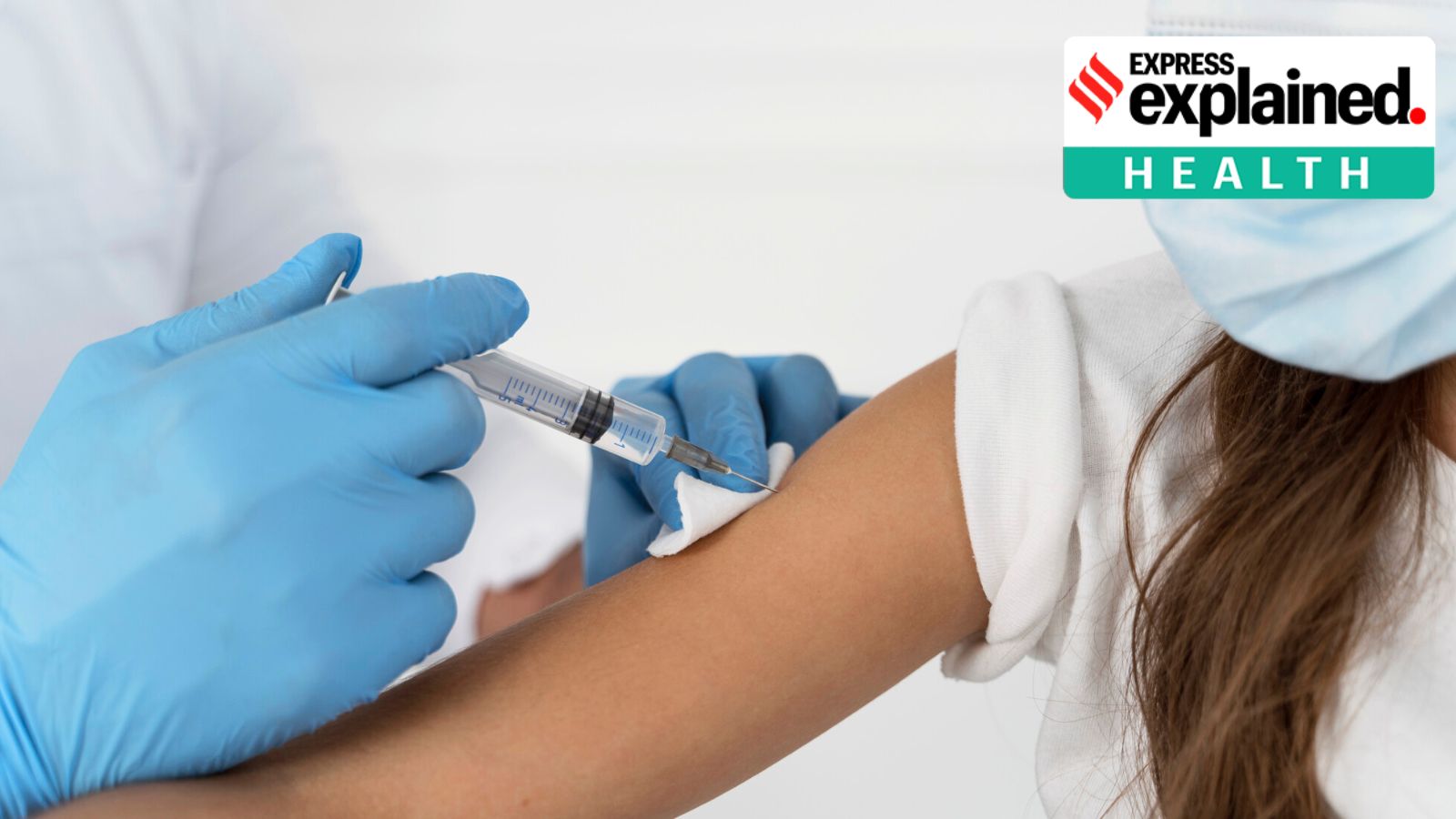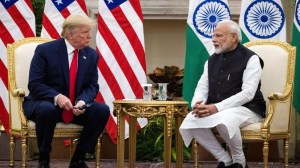Reports in Russia’s state-run news agency claimed this week that Russian scientists have developed an mRNA vaccine that has shown the ability to suppress tumour development and metastasis in pre-clinical trials.
What else is known about this Russian vaccine candidate?
Not very much.
According to reports in the Russian media, the vaccine can be personalised – with genetic mutations being detected in less than an hour using artificial intelligence (AI).
Russians can get these “cancer shots” for free from early next year, according to the reports.
On the website of the National Medical Research Centre of the Russian Ministry of Health, there is a one-paragraph description of the work of the Russian researchers.
It says that the “personalised mRNA vaccines” will be based on the genetic analysis of each person’s tumour on a “unique software platform” to identify the mutations called neoantigens.
Story continues below this ad
The individualised vaccines based on this information will train the body’s immune system to recognise and target the cancer cells.
So are we on the cusp of a major medical breakthrough?
We do not know yet.
Experts said that in the absence of detailed data on the Russian formulation, they were not sure on how it could work – or which cancer patients could benefit from it.
The availability of research data from Russian (and Chinese) institutes has often posed a challenge. As per announcements from the Russian scientists, quoted in the reports in state media, one of the three institutes involved in the research is Gamaleya National Research Center of Epidemiology — this is the same institute that had developed Russia’s Sputnik V vaccine during the Covi-19 pandemic.
Story continues below this ad
Data from the Sputnik V trial was later questioned on several grounds. The test group was found to be too small to generate good evidence, identical values were reported for several variables, and there were some other inconsistent data patterns.
But in general, how do cancer vaccines work?
Unlike vaccines for infections — where shots are given to healthy individuals to protect them from disease — cancer vaccines are given to those who already have certain types of cancers.
“Cancer vaccines have a few different approaches — they can be given in combination with other treatments for better outcomes or they can be given for maintenance to prevent relapse,” Dr Hasmukh Jain, professor of medical oncology at Tata Memorial Centre, Mumbai, said.
Dr Jain cautioned against premature excitement and expectation of a one-shot blanket defence against all cancers. “While there have been several successes, there haven’t been any big breakthroughs. There is no cancer vaccine that can work for all types of cancers, they can work only for specific types of cancers or cancers with specific mutations,” he said.
Story continues below this ad
From the description of the Russian scientists’ work on the website, it would appear they are working with the same principle as the vaccine for pancreatic cancer that a team from Memorial Sloan Kettering (MSK) is working on.
Pancreatic cancer surgeon Dr Vinod P Balachandran and his team at MSK chanced upon a small group of patients who had beaten the odds and survived – and realised that unlike most cancer patients, the immune system of these patients had been able to recognise the cancer cells and attack them.
Cancer cells are normal human cells that grow abnormally, so the immune system cannot tell the difference. The small, lucky group that beat the odds comprised individuals who had a protein called ‘neoantigen’ that tipped off the immune system.
And what exactly are neoantigens?
These are proteins that are found only on cancerous cells, which the body’s immune system can be trained to recognise, thereby allowing the body’s own immune system to fight off the cancer.
Story continues below this ad
Dr Balachandran’s team realised that the immune cells could continue to recognise these neoantigens even up to 12 years after the tumour had been removed.
What this means is the immune system, once it recognises the neoantigens, could keep fighting the cancerous cells, thereby preventing a relapse.
This process is similar to how vaccines teach the immune system to recognise a pathogen, the protection against which can last for years, sometimes life-long.
So are there any approved cancer vaccines yet?
Cancer vaccines such as this come under the category of immunotherapy — where various methods are used to train the body’s immune system to fight off the cancer.
Story continues below this ad
The only cancer vaccine approved by the US FDA is Sipuleucel-T, which was greenlighted in 2010 for the treatment of prostate cancer. The personalised vaccine was developed by collecting the patients’ immune cells, exposing it to a protein found in high levels in prostate cancer cells, and then giving it back to patients. However, it extended the patient’s survival by only four months.
“Several teams around the world are working on vaccines for different cancers, but they haven’t been very successful. There has been only one cancer vaccine and it didn’t change the treatment much,” Dr Abhishek Shankar, an oncologist from AIIMS, said.
Dr Shankar added that whenever a new product is approved, the cost is likely to be very high. “Then we will have to see whether there is enough mortality benefit to using it. Will the patients be cured, will they be able to live for several years? This has to be factored in,” he said.
For vaccines and immunotherapies to be successful, they must have a good cost-benefit ratio, and must also be included in government programmes, Dr Shankar said.
Story continues below this ad
Are there any vaccine-preventable cancers?
Yes. There are at least two cancers whose incidence can be reduced by vaccinating against two pathogens. More than 95% of all cervical cancer cases are linked to persistent infection with certain high-risk strains of HPV — meaning vaccinating against HPV can effectively bring down the incidence of cervical cancer.
Preventing chronic hepatitis B infection with vaccination can also bring down the incidence of liver cancer.








































